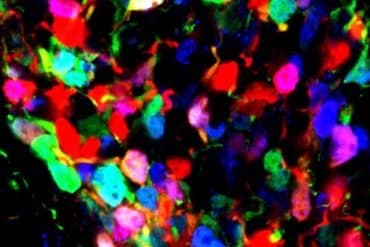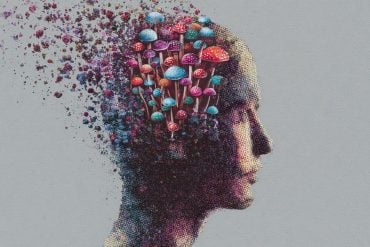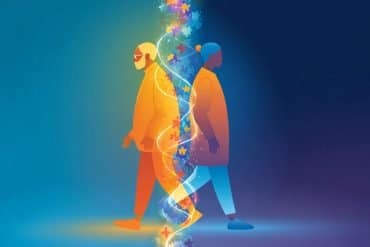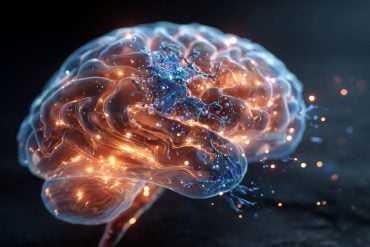Summary: A new study shows that humans use social information to guide their decisions, even when others’ preferences differ from their own. Researchers found that people treat social cues as helpful but less reliable than their personal experiences, using them as a tool to explore decision options.
The study introduced a model of social generalization, which predicts behavior by integrating social and personal information, rather than copying blindly. This research advances our understanding of social learning and could inspire improvements in AI systems, such as recommendation algorithms.
Key Facts:
- Humans adapt social information for decision-making even with diverse preferences.
- Social cues are treated as less reliable than personal experience but still valuable.
- The findings may inform AI development, improving virtual assistants and recommendations.
Source: University of Konstanz
Imagine you are visiting a new city for the first time, and dinner time rolls around. How do you choose a restaurant? You could just check reviews and go to the highest-rated option. But how can you be sure that the reviewers share your food preferences, your spice tolerance, or your budget? And how do humans in general manage to learn from others when preferences can vary quite substantially between individuals?
How we use social information
Until now, much research on how people learn from others has focused on settings where everyone has identical goals and preferences. However, in the real world, that is rarely the case.
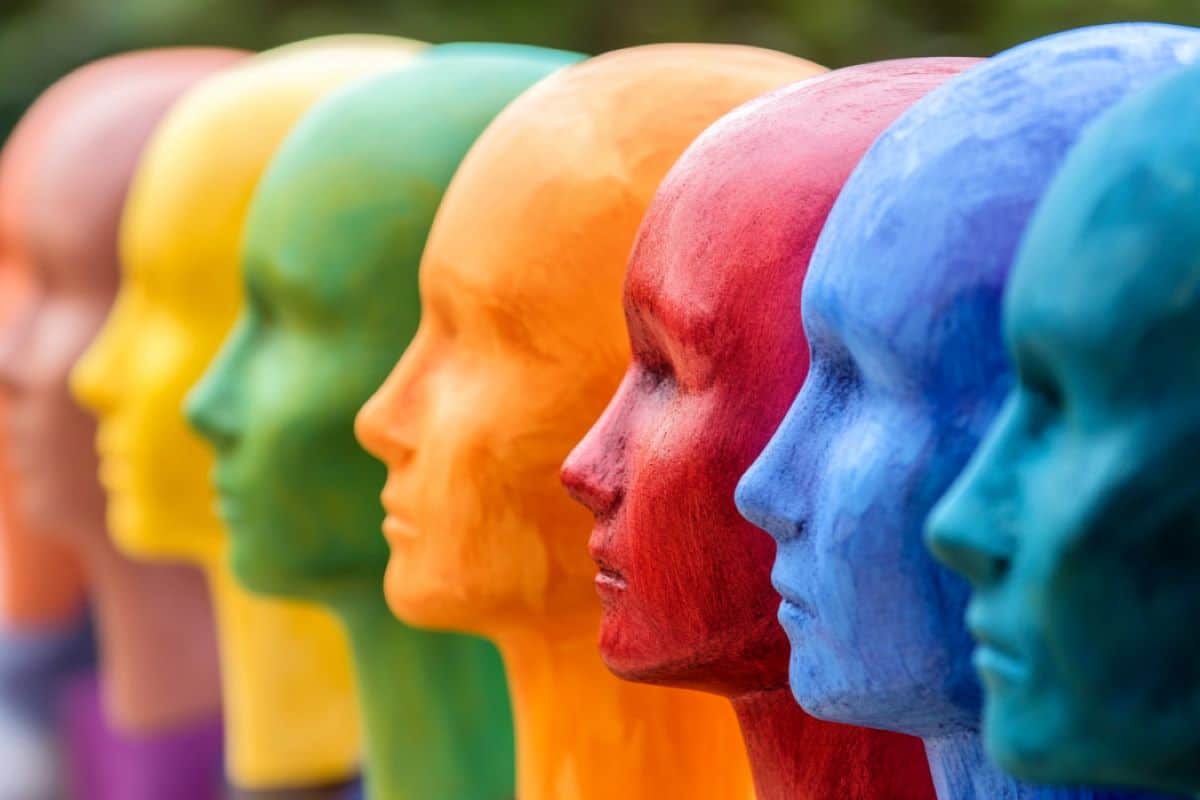
A new study, now published in the scientific journal Proceedings of the National Academy of Sciences (PNAS), closes this gap by investigating how humans use social information to make decisions when the preferences of those around them are not a perfect match.
The research was led by scientists from two German Clusters of Excellence – the Cluster Machine Learning at the University of Tübingen and the Cluster Collective Behaviour at the University of Konstanz – together with colleagues from RIKEN (Japan), and the University of St Andrews (United Kingdom).
To study this phenomenon, the researchers created an online experiment that resembled a video game. The game was designed to mimic everyday decision-making situations. Participants completed the game in groups of four.
Each participant had a goal, which was individually unique, but similar to that of the other participants. Throughout the experiment, participants were able to see the progress of their fellow players.
Social information serves as a decision-making aid
The results show that, even in this setting, humans use social information to guide their decisions, but also take these cues “with a grain of salt”.
In the experiment, they treated social information as less reliable than information they collected themselves, but still flexibly adapted it for their own circumstances. To explain this phenomenon, the researchers introduced a new social generalization model, which outperformed a number of other models from previous theories in predicting behaviour.
“Unlike models from the previous literature, our model assumes that social information should be integrated similarly to individual information, rather than blindly copied”, explains lead author and PhD student Alexandra Witt.
With the help of this model, the researchers showed that humans use social information as an exploration tool. Individual exploration can be costly, both cognitively and in terms of risk. When social information was available, participants relied on it to guide their choices, saving themselves the costly individual exploration process.
“The idea that social learning can function as an exploration guiding tool is not new”, says Wataru Toyokawa, a co-author of the study, formerly of the University of Konstanz, who is now a group leader at RIKEN.
“But what we found not only supported the idea, but helped us extend and generalize the theory to the case of diverse, heterogeneous human societies”.
Why does this matter?
“Although recent advances have demonstrated the power of Artificial Intelligence, it still struggles to learn socially in a similar capacity as humans”, says senior author Charley Wu, who leads the Human and Machine Cognition Lab at the University of Tübingen.
“Indeed, it is our extraordinary capacity for social and cultural learning that has played a key role in the success of the human species. A better understanding of this ability could let us incorporate similar principles into AI, such as in virtual assistants or recommendation algorithms”.
Ultimately, social learning is one of humanity’s most powerful tools, and this research brings us closer to understanding this impressive ability.
About this social learning and neuroscience research news
Author: Helena Dietz
Source: University of Konstanz
Contact: Helena Dietz – University of Konstanz
Image: The image is credited to Neuroscience News
Original Research: Closed access.
“Humans flexibly integrate social information despite interindividual differences in reward” by Alexandra Witt et al. PNAS
Abstract
Humans flexibly integrate social information despite interindividual differences in reward
There has been much progress in understanding human social learning, including recent studies integrating social information into the reinforcement learning framework. Yet previous studies often assume identical payoffs between observer and demonstrator, overlooking the diversity of social information in real-world interactions.
We address this gap by introducing a socially correlated bandit task that accommodates payoff differences among participants, allowing for the study of social learning under more realistic conditions.
Our Social Generalization (SG) model, tested through evolutionary simulations and two online experiments, outperforms existing models by incorporating social information into the generalization process, but treating it as noisier than individual observations.
Our findings suggest that human social learning is more flexible than previously believed, with the SG model indicating a potential resource-rational trade-off where social learning partially replaces individual exploration.
This research highlights the flexibility of humans’ social learning, allowing us to integrate social information from others with different preferences, skills, or goals.



